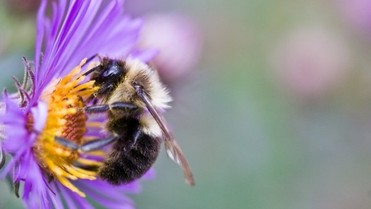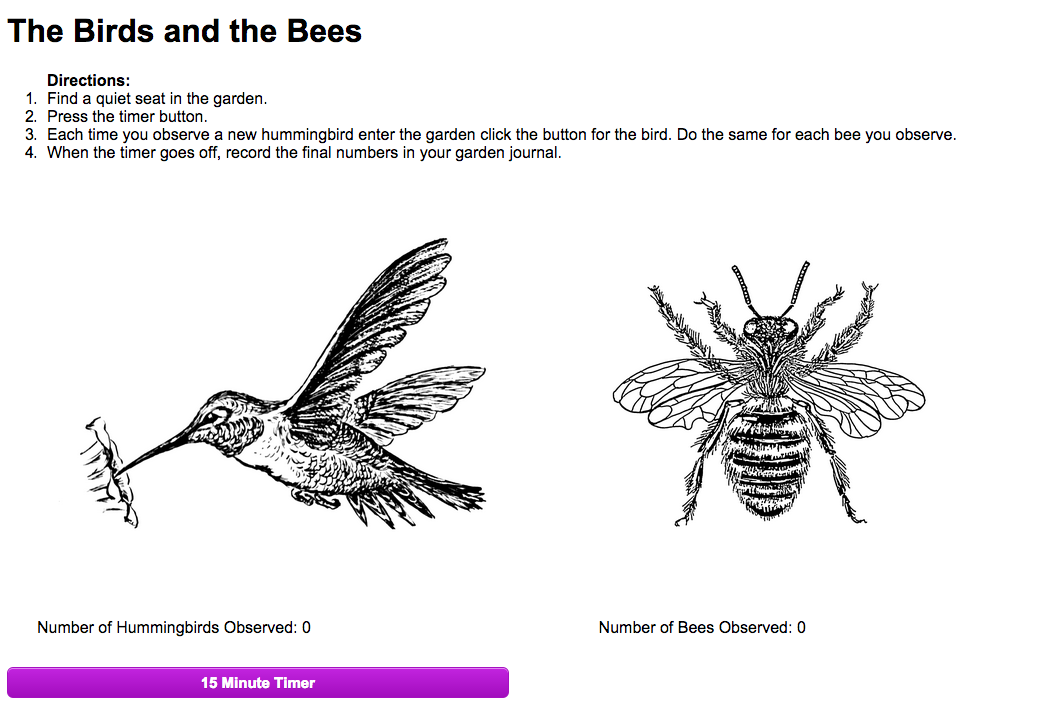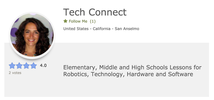| hour_of_code_javascript_lesson_plan.pdf |
|
0 Comments
 Around the world, bees are dying in unprecedented numbers. While scientists hypothesize pesticides and habitat loss are to blame, the exact causes are still unclear. Gardeners and farmers are concerned about the fate of their bee-pollinated food and looking to the scientific community for information about how and why the bee populations are declining. Unfortunately, money is tight as scientists struggle to gain the funding and resources for extensive bee studies. Marie Clifford and Susan Waters, graduate researchers at the University of Washington in Seattle, have found a way to get around scarce research funding: citizen scientists. The Urban Pollination Project (UPP), co-founded in 2011, takes Seattle community gardeners and trains them to collect data on local bees. Tapping into citizen scientist efforts, Clifford and Waters can gather data from 35 Seattle community gardens – a scale of research otherwise outside of their resources and funding capabilities. “Citizen science,” Clifford says, “allows scientists to address much broader scale questions than they might be able to address themselves.” The citizen scientist gardeners at the Urban Pollination Project measure, count, and weigh tomatoes to understand how varying degrees of pollination affect tomato growth. They also pollinate the tomato flowers using a tuning fork, and are trained in bee identification. Their observations provide insight into what species of bees visit various Seattle community gardens. Observations like these led to a sighting of the Western Bumblebee — a native bumblebee thought to be extinct– by bee enthusiast, Will Peterman. With citizen scientists performing observations around the city, Clifford and Waters hope to better understand which bees are pollinating our cities. In about five years, Clifford and Waters hope to have enough data to make conclusions about what bumblebees need to survive in urban environments, like how much and what kind of habitat availability is required. As the project continues, Clifford and Waters want to get more gardeners involved. Both bumblebees and a 128 Hertz tuning fork vibrate at the perfect frequency to pollinate tomato plants. The vibration can literally “shake” the pollen out of tomato plant flowers. Photo credit: Sarah Vaira. While UPP works with Seattle gardeners to track where bumblebees nest and forage, other citizen projects such as iNaturalistand eBird, allow anyone with a smartphone or digital camera to help identify plants and animals. These kinds of identification projects can help scientists predict animal and plant behavior. “[With citizen science] you can achieve things that you would never be able to achieve with a more standard set of funds and time and energy,” says Waters, “[This is] a kind of knowledge that is ultimately really useful … and it connects people to their local environment.” |
Archives
February 2016
blogs with Lesson PlansLesson Hacker Categories |
||||||



 RSS Feed
RSS Feed